The Ultimate Pool Liner Buying Guide
We know the average pool liner lasts 8 to 10 years before wear and tear gets the best of it. You might be able to live with a faded appearance, but leaks are a bigger problem that needs to be addressed. Whether or not replacing your pool liner is an option, we can promise you that the makeover reveal is worth the investment!
How to Choose an Inground Pool Liner
Colour
While this step can be considered the fun part, there are some crucial factors to important when choosing the colour of your liner. You will want to take the natural lighting into account when you pick the shade of your pool liner. If your pool is shaded for most of the day, for example, then you may want to opt for a lighter shade to offset some of the darkness. A deep blue would work well in this case, which has the advantage of hiding dirt and debris. Darker liners, however, are more inclined to fade over time due to chlorine usage and UV damage.
Lighter coloured liners will not be as susceptible to fading but will show more dirt and debris. With more visible dirt and debris, you will have to clean your pool more often (not necessarily a bad thing!). You can also opt for an aqua or sandstone colour, which is growing in popularity. The contrast with the sunlight makes your pool look more lagoon-like in appearance.




Pattern
There are hundreds of pool liner patterns available, which is great if you enjoy shopping and having plenty of options. Available patterns resemble natural stones, ceramic tiles, marble, mosaic, and more. Some patterns even have a shimmering effect if you're into the glam look. You will also have to choose whether you want a full pattern or a border pattern. A full pattern liner carries the design throughout the pool up to the coping. In contrast, a border pattern has a border design to create a styled edge around the pool's perimeter.
Texture
Textured pool liners are another option if you want to get creative. The vinyl is embossed with a texture that provides grip and traction, especially useful on pool steps. Some textures give the feel of gunite, or concrete and sand, which is durable and provides grip. Other textures create the feeling of compressed sand beneath your feet, which can be enticing for the senses.
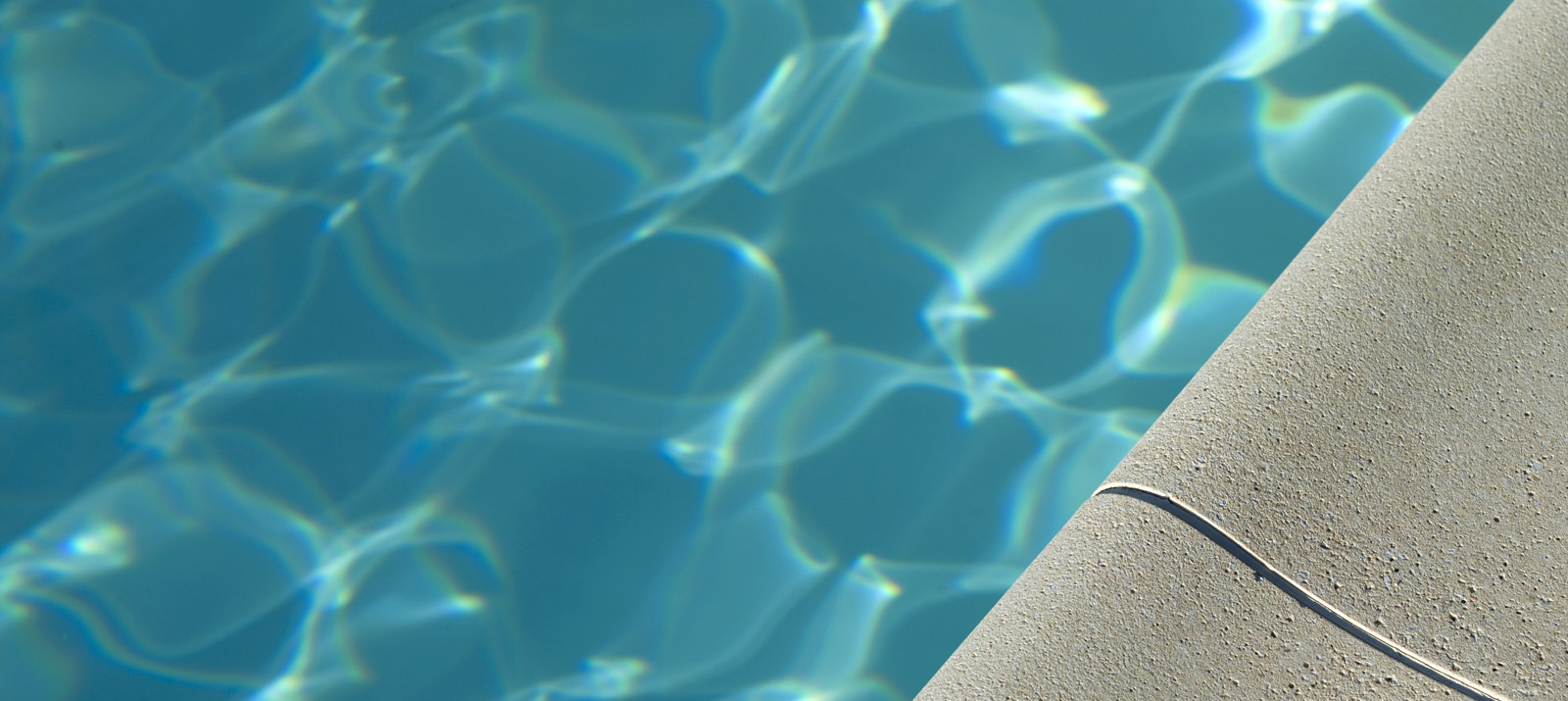
Thickness
Vinyl pool liner thickness is measured in mils (a mil is 1/1000 of an inch), and standard thickness ranges from 20, 27, 28 or 30 mils thick. The vinyl liner will also be embossed or non-embossed, with embossed liners varying in thickness and non-embossed liners flat across the top.
A thicker pool liner will be more expensive but more resistant to wear and tear. For example, punctures from dog claws, fallen tree limbs, broken glass, wind-strewn lawn chairs, you get the idea. The downside is that thicker liner is heavier and more challenging for an installer to work with, and it's harder to get the wrinkles out of, especially in colder climates.

Maintaining Your Pool Liner
Proper maintenance is critical when it comes to extending the life of your pool liner.
- First thing's first, make sure the liner is installed correctly! Keep an eye out for any wrinkles or gaping at the sides of the pool.
- Maintain the water chemistry. Pool water that is too acidic from substantial rainfall or improper use of chemicals will wear down vinyl liners. Pool water that is too basic can cause buildup and damage to liners. So, make sure to regularly test and balance your pool water, especially after any storms.
- Keep dogs and glass out of the pool. If dogs get in the pool, keep them away from the liner!
Are you thinking of replacing your pool liner? Every vinyl pool liner replacement by Buds is completed to exacting standards to ensure the highest quality installation and the longest liner life possible, every time. And if the expense doesn't come at the best time for your family, Buds can even help arrange competitive financing so you can play now and pay later.
RELATED ARTICLES

Luna + Solei: 24/7 Pool Care That Works While You Rest and Play
Luna + Solei: 24/7 Pool Care That Works While You Rest and Play What if pool care worked around your schedule-not the other way around? With Luna + Solei, you can finally enjoy a backyard pool that’s clean, clear, and low maintenance-without constant testing, shocking, and balancing. This revolutionary Day & Night Pool Care System…
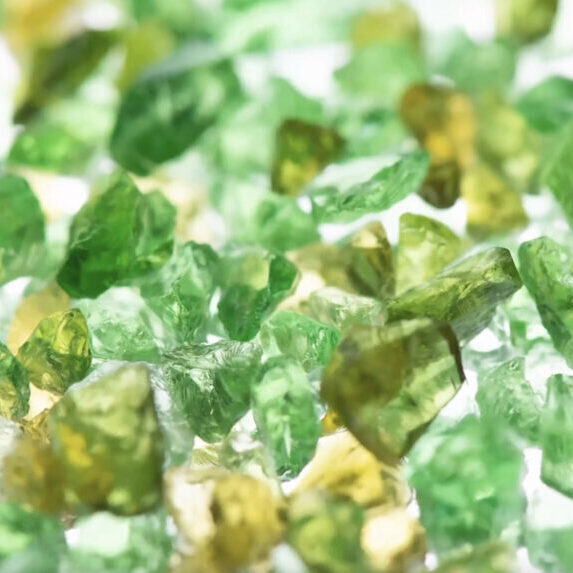
Upgrade Your Pool Filtration with AFMng: Say Goodbye to Sand, Hello to Sparkling Water
UPGRADE YOUR POOL FILTRATION WITH AFMng: SAY GOODBYE TO SAND, HELLO TO SPARKLING WATER If you’re still using sand in your pool filter, it’s time to rethink your water care. At Buds, we’re always on the lookout for the best solutions for our customers-and AFMng is a game-changer. Made from recycled, activated glass, AFMng is…
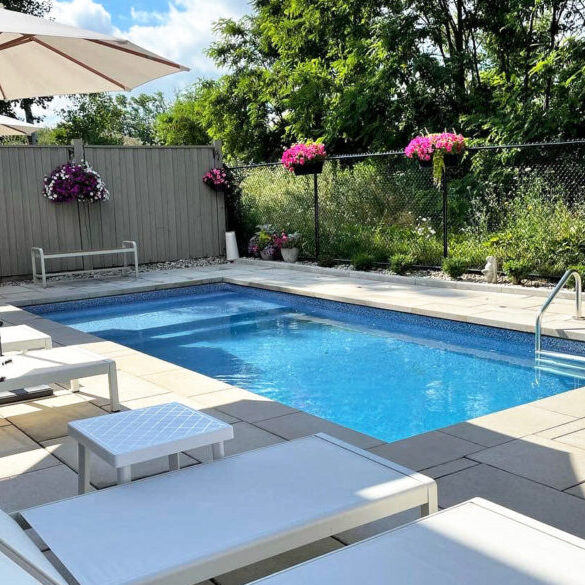
Plunge Pool vs. Traditional Swimming Pool: Which One Is Right for You?
Plunge Pool vs. Traditional Swimming Pool: Which One Is Right for You? When designing your dream backyard oasis, one of the biggest decisions is choosing between a plunge pool and a traditional swimming pool. While both offer the joys of relaxation and recreation, they differ significantly in size, maintenance, cost, and suitability for various lifestyles…
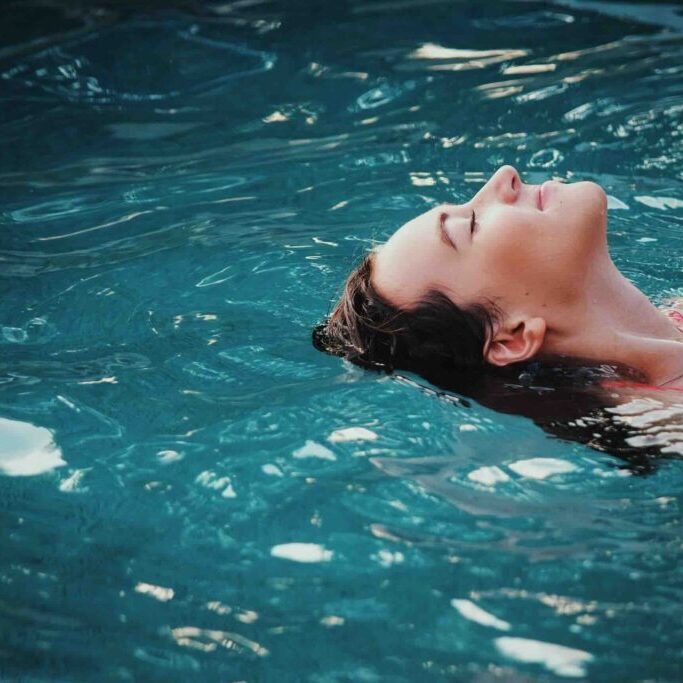
What is a plunge pool, and should I get one?
What is a plunge pool, and should I get one? If you’ve been researching pools at all this year, you may have noticed that plunge pools are seriously trending. While you probably have some idea of what a plunge pool is all about, you might be wondering about the specifics that make these pools different…
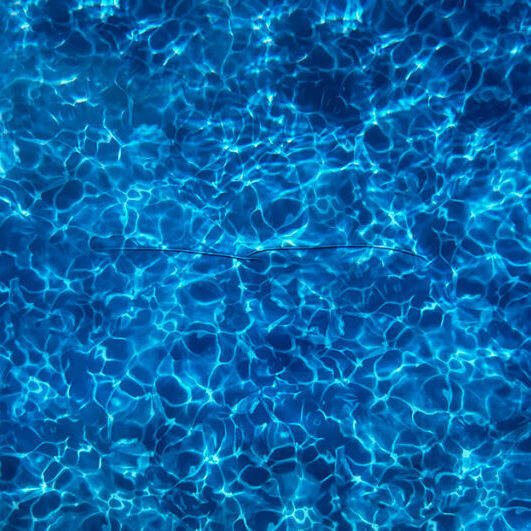
Understanding and Addressing Pool Liner Wrinkles
Understanding and Addressing Pool Liner Wrinkles When it comes to pool liner wrinkles, it’s crucial to distinguish between those caused by installation issues and those arising from other factors. If a wrinkle appears due to a poor fit or incorrect measurements during installation, it will be evident as soon as the pool is filled. Wrinkles…

What is a Pool Orientation and Why is it Essential for New Pool Owners?
What is a Pool Orientation and Why is it Essential for New Pool Owners? Owning a pool is a luxury that brings fun, relaxation, and a perfect gathering spot for family and friends. However, with this luxury comes the responsibility of maintaining and managing your pool to ensure it remains a safe and enjoyable space.…
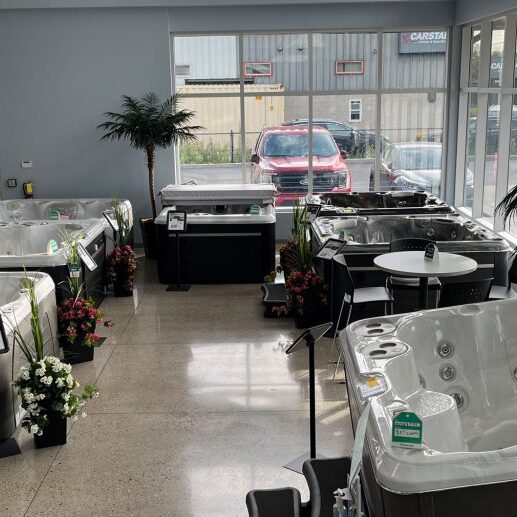
Benefits of In-Person Shopping for Hot Tubs, Pools & Swim Spas
We know that online shopping can be convenient. But at Buds we still believe that hot tubs, swim spas and pools, not to mention their parts and supplies, are best shopped for in person.
So while you might start your shopping journey online, we hope that you’ll take the chance to visit us in store before finally making your purchase.
There are many reasons why we think brick-and-mortar stores like Buds are the smart choice for customers.
Check out our top reasons and let us know if you agree!
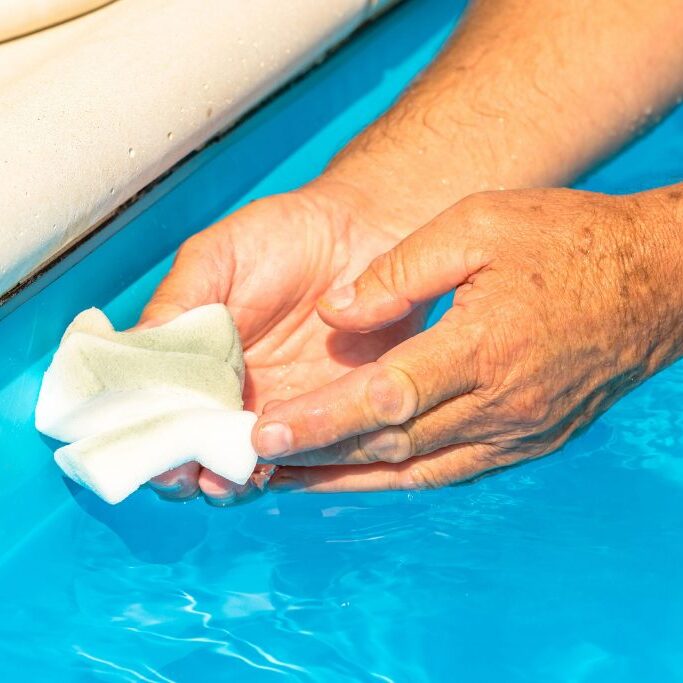
How to Treat and Prevent Metals and Staining
How to treat and prevent metals and staining Metals and Staining in a Pool Metals can be introduced to the water through foreign object or equipment such as: Copper piping and fittings, Heat exchanger, Using Copper Sulphate and other copper-based algaecides, Source water. Metals in pool water may cause staining to the liner, fiberglass, or…

Should I finance my pool purchase?
In its most formal application, contrast hydrotherapy involves alternating between immersion in hot and cold water. It’s a practice with growing popularity among athletes and health enthusiasts for its many reported benefits.
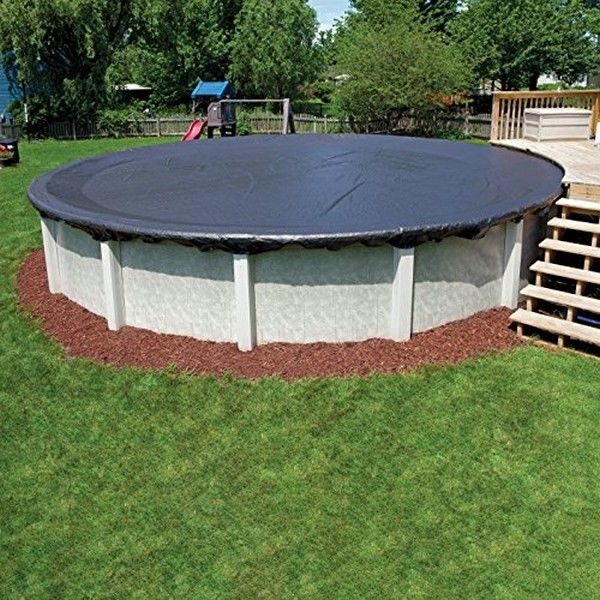
Above Ground Pool Closing Instructions
How to close your above ground pool Pool Closing Steps 1 One week prior to closing, bring a pool water sample to the store so your pool can be properly balanced. It is natural for sitting water to become acidic on its own, so balancing the water is very important prior to closing your pool.…
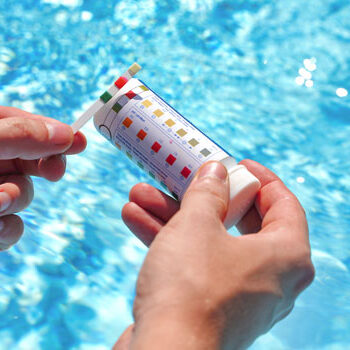
The Benefits of Borate to Treat Your Pool
Why Your Should Use Borate In Your Pool What is Borate? Borate prevents pH drifting, which results in calcium scaling, metal stains, cloudy water, algae, and hard pool water. When you use borate, the water will remain clear for a long period since chloramine (or combined chlorine) does not form quickly as compared to a…
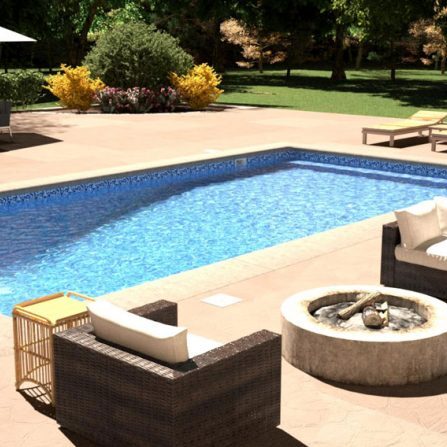
How to Reduce Phosphates in Your Pool
How to Reduce Pool Phosphates What are phosphates? Phosphates are food for algae. Although they are present in all water, once they reach a certain level they can cause issues in your pool. Phosphates can consume chlorine causing a consistently low level in your pool. When you have an extremely low chlorine reading, your pool…
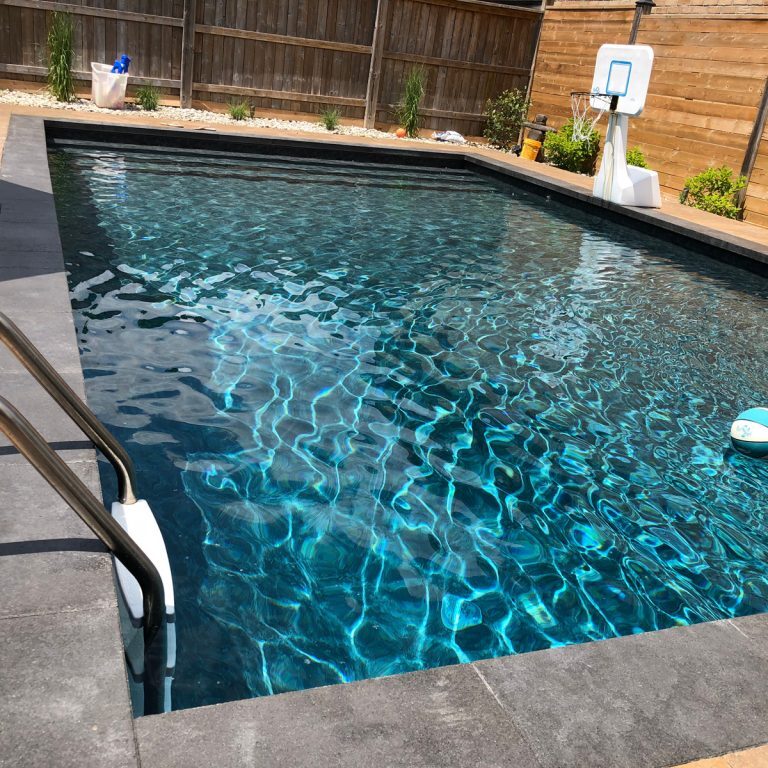
Spring Set-up for Pool UV Systems
How To Open Your Pool’s UV System SET-UP INSTRUCTIONS When spring arrives, it’s time to pull out your UV system and get it ready for the summer pool season. Below is a checklist that will help in getting the most out of your system. If your UV system is still installed on your pool equipment,…
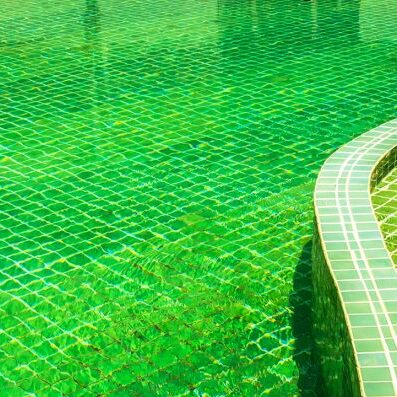
How to Treat Pool Algae
How to Treat and Prevent Algae How to Treat and Prevent Algae during Spring Opening Warning: when following these steps, DO NOT use your automatic vacuum as there is no option of vacuuming on waste/drain. Bring a pool water sample into Buds for water balance assistance. Remove large organic debris from the bottom of the…
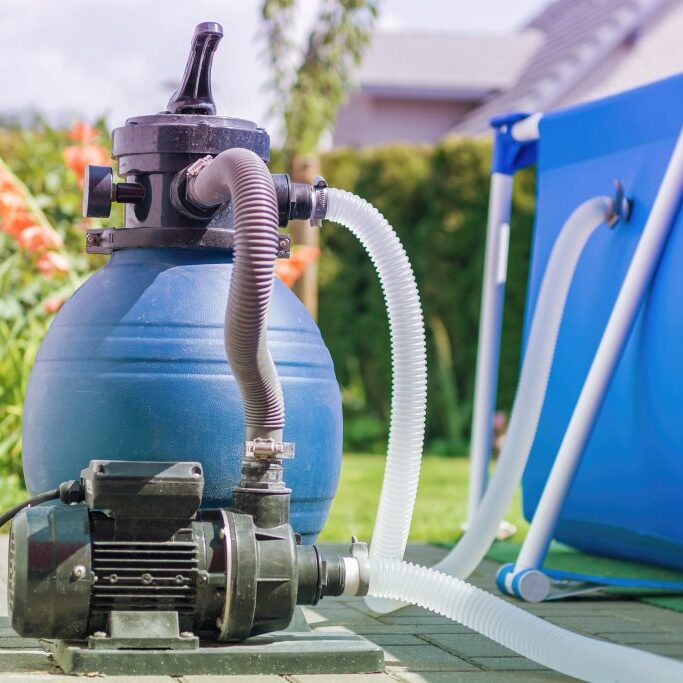
How to Change & Clean the Filter Media
How to Clean & Change a sand filter How to Change the Filter Media Sand should be changed in the filter every 3-5 years. However, if the sand is not cleaned once per season the sand may need to be changed much more often than that. 1 Turn off the pump. 2 Take the drain…
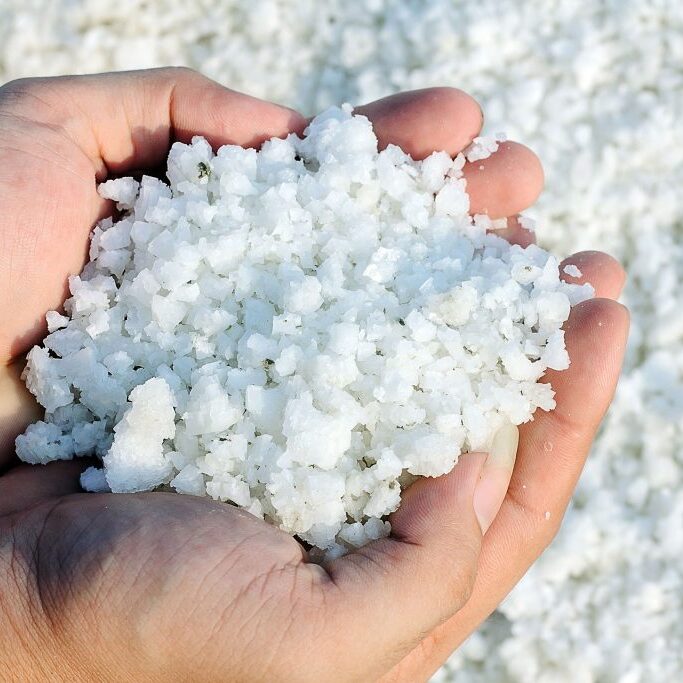
How to Clean a Pool Salt Cell
How to Clean a Salt Cell It is important to maintain a clean salt cell so chlorine can be continuously produced. Salt cells that have a lot of scale or calcium build up cannot effectively produce sanitizer and often create flow issues within the pool system. You should check your salt cell weekly to ensure…
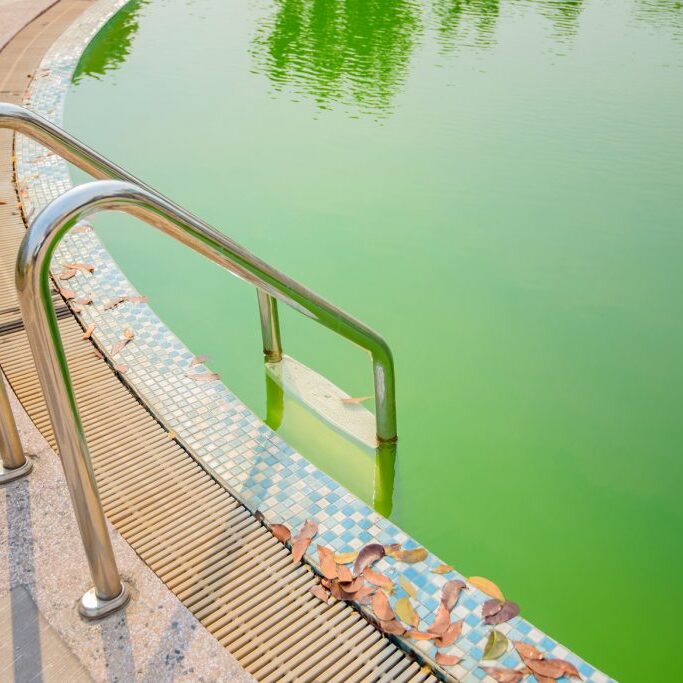
How to Treat and Prevent Cloudy or Foggy Pool Water
How to Treat Extremely Cloudy or Foggy Water How to Treat Extremely Cloudy or Foggy Water Bring a pool water sample into Buds Spas and Pools for water balance analysis. Adjust pH and/or chlorine levels as recommended by the water lab. Follow Option A, B or C depending on the level of clarity in the…
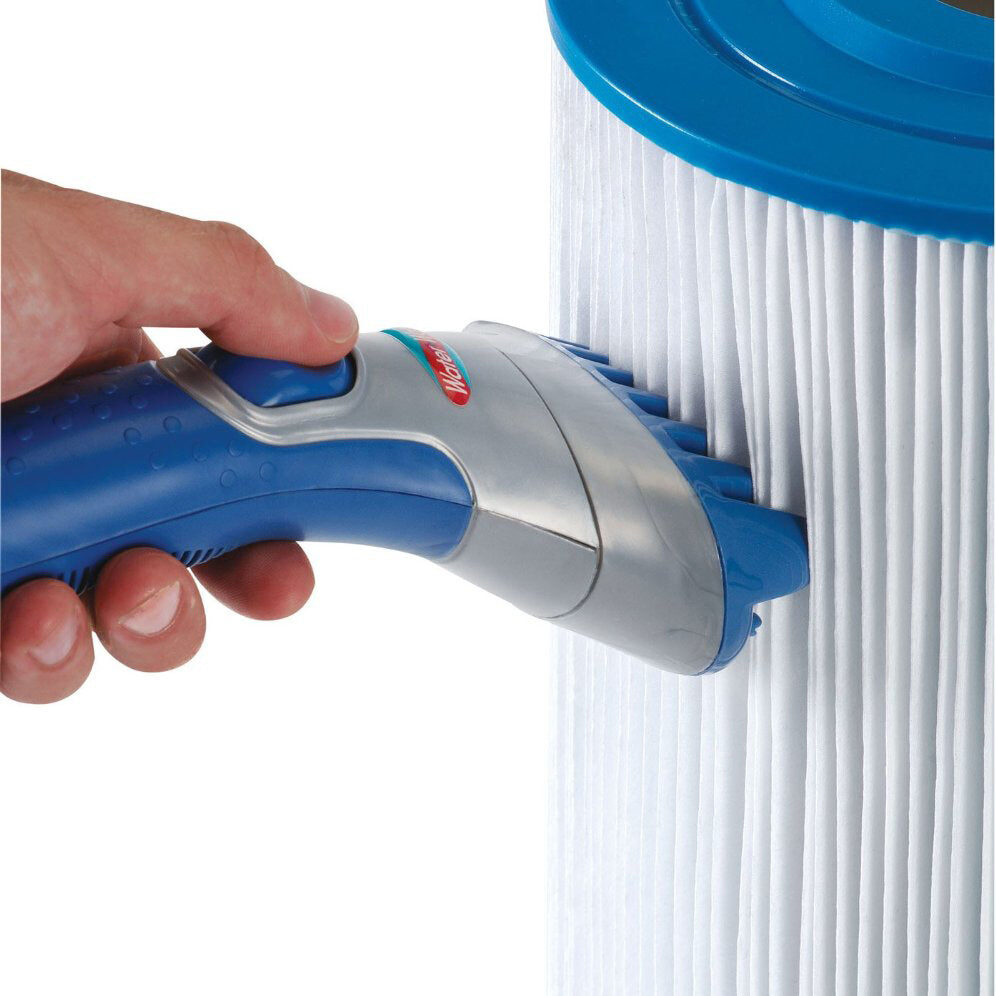
Pool Filter Cartridge Cleaning Instructions
How To Clean A Pool Filter Cartridge When should a cartridge element be cleaned? For hot tubs and swim spas, establish a routine cartridge cleaning schedule based on the amount of spa usage. This should include rinsing the cartridge weekly (or more frequently with heavy use), as well as using Rapid Action Filter Cleanse every…
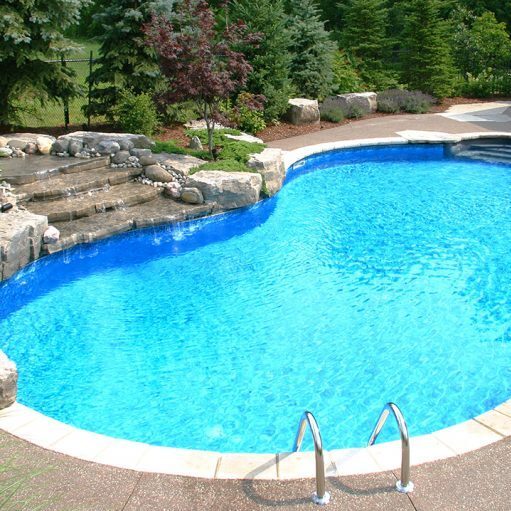
Maintenance for Saltwater Pools
Saltwater pool maintenance Helpful Tips to Maintain Your Pool New pool or new liner customers: Please bring in a water sample to Bud’s Spas and Pools before adding any chemicals and/or before entering your pool for the first time. Filtration To maintain proper filtration the pump should be operating 24/7. If your pump is on…
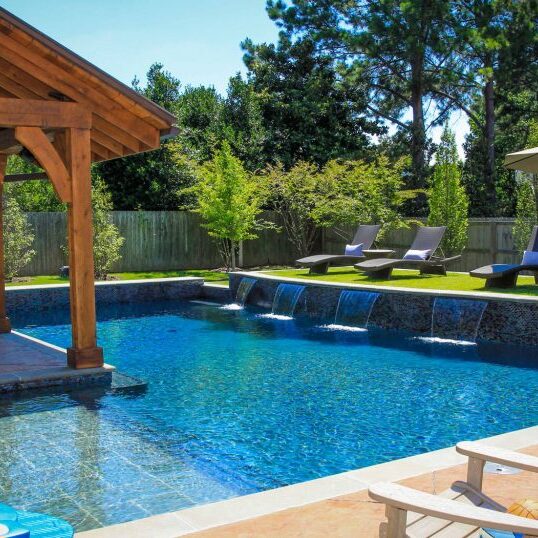
Maintenance for Non-Saltwater Pools
Non-saltwater pool maintenance HELPFUL TIPS TO KEEP IN MIND WHEN MAINTAINING YOUR POOL NEW POOL OR NEW LINER CUSTOMERS:PLEASE BRING IN A WATER SAMPLE (IN THE SAMPLE BOTTLE PROVIDED) TO BUDS SPAS AND POOLS BEFORE ADDING ANY CHEMICALS AND/OR BEFORE ENTERING YOUR POOL FOR THE FIRST TIME. Filtration To maintain proper filtration the pump should…